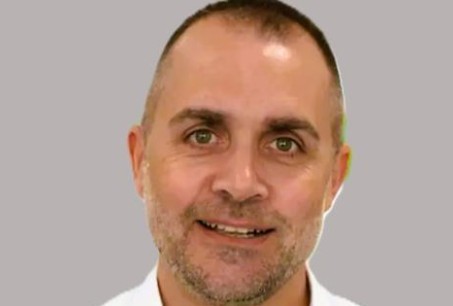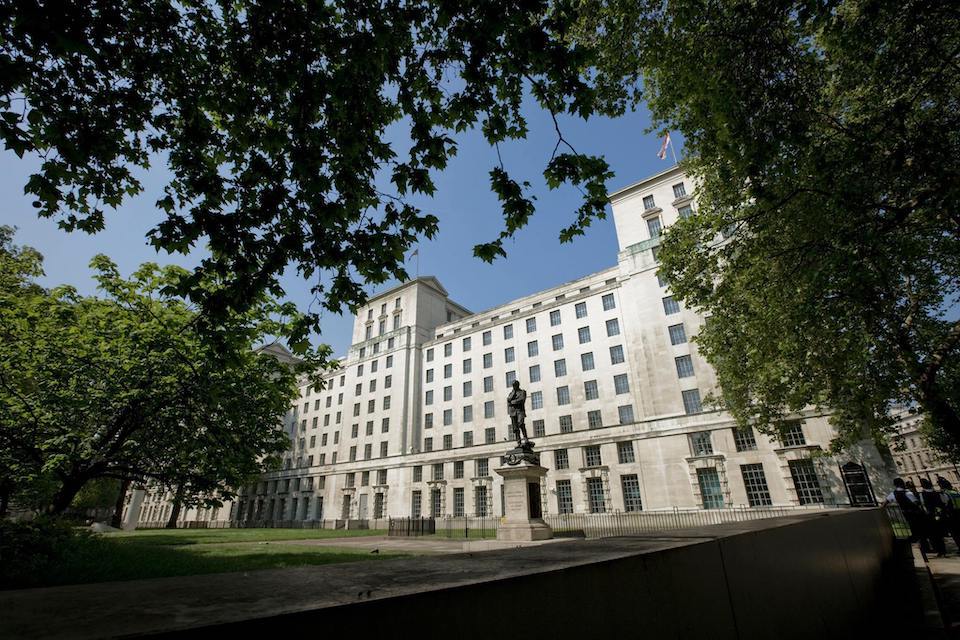It’s this relevance – the perception of a lack of political change when it comes to police brutality – that has haunted La Haine for decades. A re-release of the film to mark its 25th birthday coincided with the Black Lives Matter movement protesting the number of deaths at the hands of police officers. After Nahel’s killing, the team behind the musical decided to change the film’s subtitle, Jusqu’ici tout va bien (So far, so good), to a more pessimistic expression reflecting the current mood: Jusqu’ici rien n’a changé (So far, nothing has changed.) “It came as a shock,” producer Farid Benlagha tells the . When they started auditioning for the show, people turned up simply to talk about it. “There were people who had never taken part in a show or a film, but who came just because they wanted to tell us about their personal experiences. It was incredible; some people cried. This is a film that has to do with a bavure policière [“police mess-up”, a term used to describe the excessive use of force by the police], and these subjects are still not dealt with properly.”
‘Cultural clout’
The problems illustrated in the film feel just as urgent, if not more so, 30 years later. La Haine is making a comeback at a time when racism and xenophobia have seen a sharp rise across the country (one survey found that in 2023, reports of antisemitic and anti-Muslim acts increased by 284% and 29% respectively, while other types of racist acts increased by 21%). For many French people, it’s difficult to see the statistics and not think of the line spoken by Hubert, from where the film takes its name: “La haine attire la haine (hatred breeds hatred).”
Emmanuel Macron’s government has shifted to the right on security, identity and immigration, passing a controversial immigration bill and suppressing gilets jaunes protests. Yet the long-standing debate on police brutality was absent from the country’s snap election campaign – which was instead dominated by the far-right’s anti-immigration rhetoric and the cost-of-living crisis. “Since 1996 these deaths have been documented and counted, and yet no policy has been implemented to stop it,” says Diallo. In light of this, Kassovitz’s pessimism about cinema and its power to change things should perhaps not be surprising. “I don’t think it’s relevant to make political movies anymore,” he told the ‘s Hard Talk in a recent interview. However, in our conversation, he provided some nuance. “I still believe in political films, but they’re not as indispensable as they used to be,” he says, adding that “people have better things to do”.
More like this:
• La Haine and the great screen rebels
• The most misunderstood Oscar winner ever
• The cult erotic film that became a global hit
But what La Haine may have lacked in political impact, it makes up for in cultural clout. As the first major film to shine a light on the hardship in France’s multicultural suburbs, it opened the door to a generation of films about the banlieues, often made by people with those backgrounds. “The difference is that now they [the banlieues] are represented by banlieusards [suburbanites],” says Kassovitz, who grew up in a family of film-makers in central Paris. One of the most prominent examples of these films is the award-winning Les Misérables (2019), whose director, Ladj Ly, grew up in the Paris suburb of Montfermeil. Cédric Jimenez’s Bac Nord (2020), set in Marseille, similarly highlighted the problems faced by the police, while Céline Sciamma’s Girlhood (2014), Houda Benyamina’s Divines (2016) and Maïmouna Doucouré’s Cuties (2020) provided a much-needed female perspective that was previously lacking.







